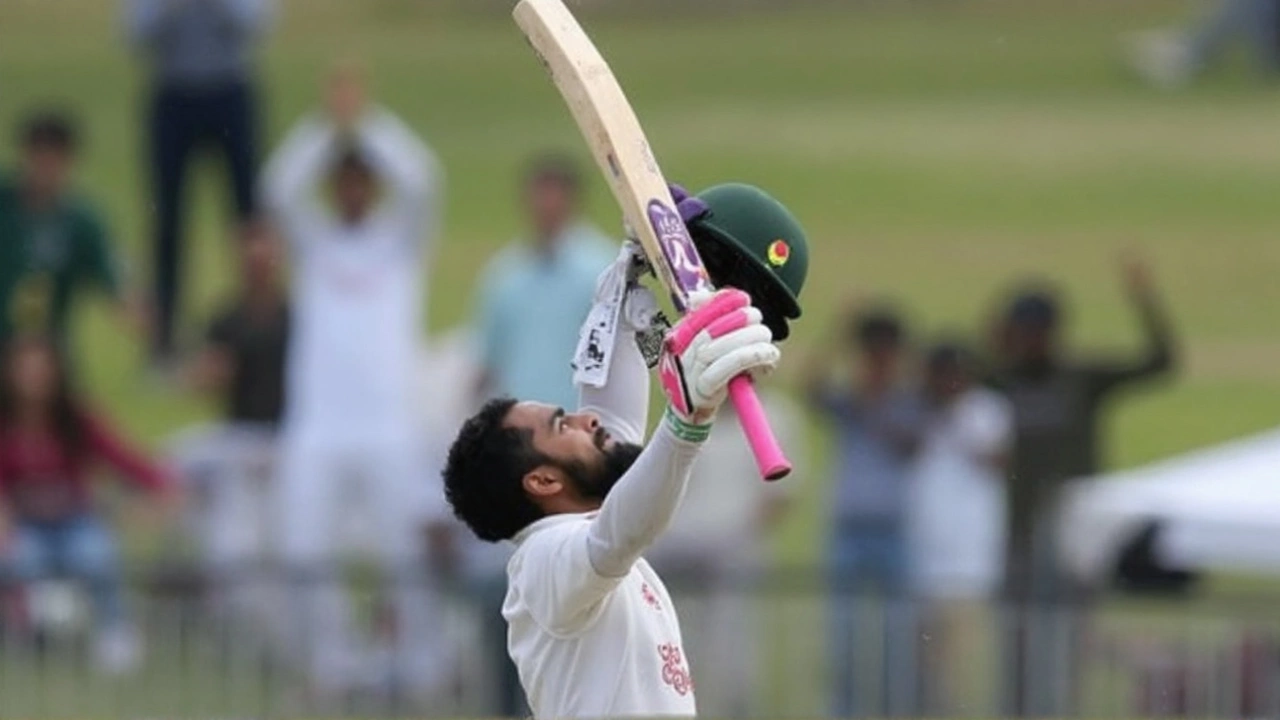Government interference and its real‑world impact
When you hear the term government interference, the act of a state or its agencies stepping into areas that are normally private, commercial, or self‑governed. It’s also called political meddling. This influence shows up in sports leagues, film releases, news coverage and even everyday business decisions. Understanding what it means helps you spot when a rule, a fine or a public statement is more about power than policy.
Why it matters to you
One of the main regulatory authority, a government body that creates and enforces rules in a specific sector often drives the interference you see on TV or in the stadium. For example, a sports board may ban a player for political comments, or a film board may demand cuts before a movie hits theaters. The relationship can be summed up as: government interference requires regulatory authority to enforce sector‑specific rules. When that authority pushes ahead without transparency, fans and creators feel the pinch.
Another big player is censorship, the suppression or alteration of content deemed undesirable by the state. Censorship often follows the same logic: the state decides what’s acceptable and forces media outlets to comply. In cricket, a commentator’s criticism of a government‑backed franchise can lead to a broadcast ban. In movies, a scene that touches on a sensitive political issue might be cut to avoid controversy. The semantic link is clear: censorship influences government interference by shaping the limits of public discourse.
The third cornerstone is policy making, the process of creating laws, regulations or official guidelines. Policy making sets the stage for interference; once a rule exists, it can be interpreted or applied in ways that benefit certain groups. Think of a tax law that targets overseas broadcasting rights, effectively keeping foreign influence out of local sports. Here’s a simple triple: policy making creates rules that enable government interference. When policies change quickly, it often signals a shift in political priorities that ripples through entertainment and athletics.
All three entities – regulatory authority, censorship and policy making – interact in a constant loop. A new policy can empower a regulator, which then uses censorship tools to enforce its vision. This cycle shows up in headlines you see daily: a cricket league’s schedule altered after a minister’s comment, a blockbuster film delayed because a board demanded revisions, or a news channel fined for airing a protest. Understanding these connections helps you read between the lines and see who’s really pulling the strings.
So what does this mean for the stories you love? The posts below cover real examples where government interference mixed with sports drama, film hype and media battles. You’ll find pieces about a famous actor urging a team owner to pick stronger players, a cricket star’s injury affecting tournament choices, and even a Bollywood film that sparked a viral dance craze despite political whispers. Each article shows a different facet of the bigger picture.
By the end of this collection, you’ll be able to spot the tell‑tale signs of interference – whether it’s a sudden rule change, a behind‑the‑scenes negotiation, or a public statement that feels a bit too official. You’ll also see how athletes, filmmakers and journalists adapt, fight back or work within the system. It’s a glimpse into a world where politics and pop culture constantly collide.
Ready to dive into the real‑life cases? Below you’ll discover how government interference has shaped headlines, decisions and careers across sports, movies and media. The stories illustrate the theory we’ve just covered and give you concrete examples to think about when you hear the next headline about a “political” decision in your favorite game or film.
